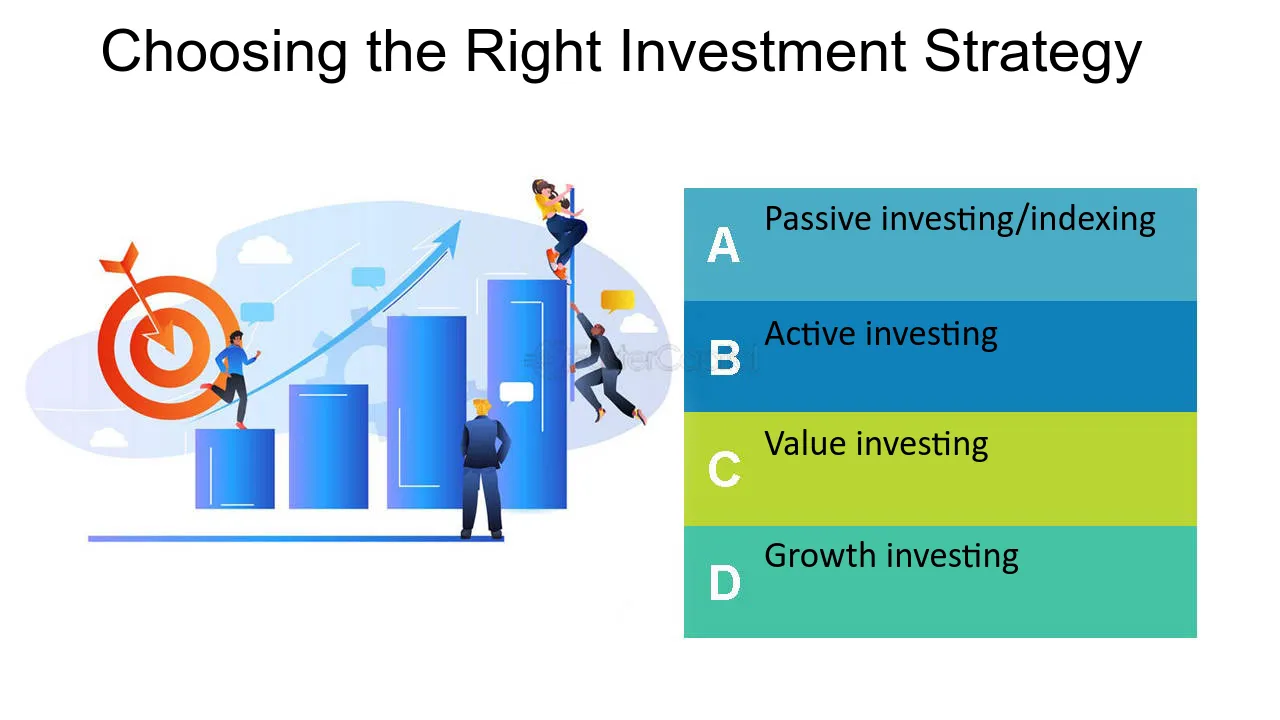Revolutionizing Financial Calculations
Unprecedented Computational Power
Quantum computing is poised to transform the finance industry by leveraging quantum mechanics principles like superposition and entanglement to perform complex calculations exponentially faster than classical computers. Unlike traditional systems relying on binary bits (0 or 1), quantum computers use qubits, enabling simultaneous processing of multiple states. This capability could revolutionize tasks like Monte Carlo simulations, used for derivative pricing and risk analysis, offering quadratic speedups and potentially generating $622 billion in value by 2035, according to McKinsey estimates.
Optimizing Investment Portfolios
Enhancing Asset Allocation
Portfolio optimization, a cornerstone of financial management, involves balancing risk and return across numerous variables. Quantum algorithms, such as the Quantum Approximate Optimization Algorithm (QAOA), excel at solving these complex optimization problems, enabling banks to identify ideal asset mixes faster. Institutions like JPMorgan Chase are exploring QAOA to enhance portfolio management, potentially reducing transaction times and operational inefficiencies. This could lead to 15–25% revenue increases for firms adopting quantum solutions early.
Strengthening Risk Management
Advanced Simulations and Modeling
Quantum computing enhances risk management by enabling more accurate simulations of market behavior and complex financial instruments like derivatives. Traditional models struggle with vast datasets, but quantum computers can process these concurrently, improving stress testing and credit scoring. For instance, Huaxia Bank’s collaboration with SpinQ developed a quantum neural network to optimize ATM placement, showcasing improved decision-making. Enhanced risk models could reduce defaults and better predict market downturns, critical in volatile economies like Thailand’s in 2025.
Bolstering Fraud Detection
Real-Time Threat Identification
Fraud detection, a persistent challenge in finance, benefits from quantum computing’s ability to analyze large, unstructured datasets for patterns and anomalies. Quantum algorithms can categorize transactions with greater accuracy, enabling real-time fraud prevention. With financial firms facing over 1 billion cyberattacks annually, quantum-enhanced detection could save billions by identifying threats classical systems miss. This is vital for maintaining trust in digital banking, especially in markets with high mobile penetration like Thailand.
Transforming Cybersecurity
Addressing Quantum Threats
While quantum computing offers benefits, it poses risks to current encryption systems. Algorithms like Shor’s could decrypt widely used protocols, threatening mobile banking and digital currencies. Financial institutions must adopt post-quantum cryptography, as urged by the Bank for International Settlements’ Project Leap. The “Harvest Now, Decrypt Later” risk highlights the urgency, as data collected today could be compromised later. Banks like HSBC are investing in quantum-resistant algorithms to safeguard transactions.
Preparing for the Quantum Era
Strategic Adoption Challenges
Financial institutions must act now to build quantum literacy and integrate hybrid quantum-classical systems, as full-scale quantum computers may arrive by 2030–2035. Early adopters like Citi and BNP Paribas are investing in quantum startups to gain a competitive edge. In Thailand, where economic growth lags at 1–2%, quantum adoption could counter U.S. tariff impacts and boost efficiency. However, high costs, skill gaps, and integration with legacy systems pose challenges, requiring phased approaches and workforce training.









